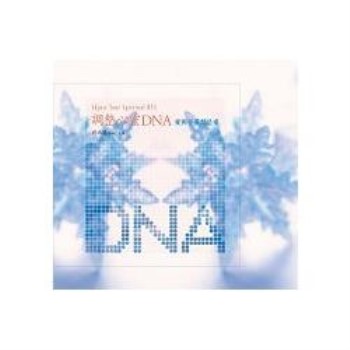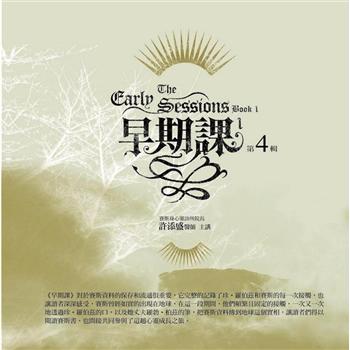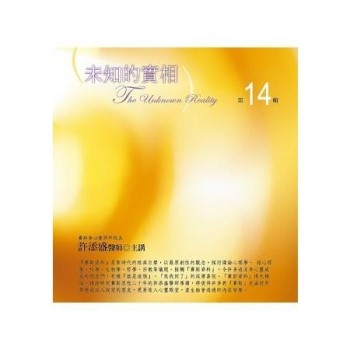Critical Thinking and Composition introduces students to the basic components of philosophical writing, as well as techniques and principles for writing clear and precise arguments.
The nine chapters of this book cover everything from building strong, logical arguments at the outset to the nuts and bolts of writing successfully in the philosophy sphere. The books focuses on avoiding vagueness and ambiguity when communicating arguments. Additionally, there is emphasis on learning how to recognize common fallacies of ambiguity and how to define terms in clear and precise ways. Excerpts from the writings of key philosophers including Aristotle, the Buddha, Hume, and Sartre (as well as introductions to contextualize each excerpt) deepen the reader’s understanding of the elements of impactful philosophical writing. Full of relatable examples designed to engage students, each chapter also contains helpful resources such as learning objectives, keywords, and exercises.
Critical Thinking and Composition is a must-have resource for undergraduate courses in composition, philosophy, and related social sciences, especially those with emphasis in critical reasoning and writing.












